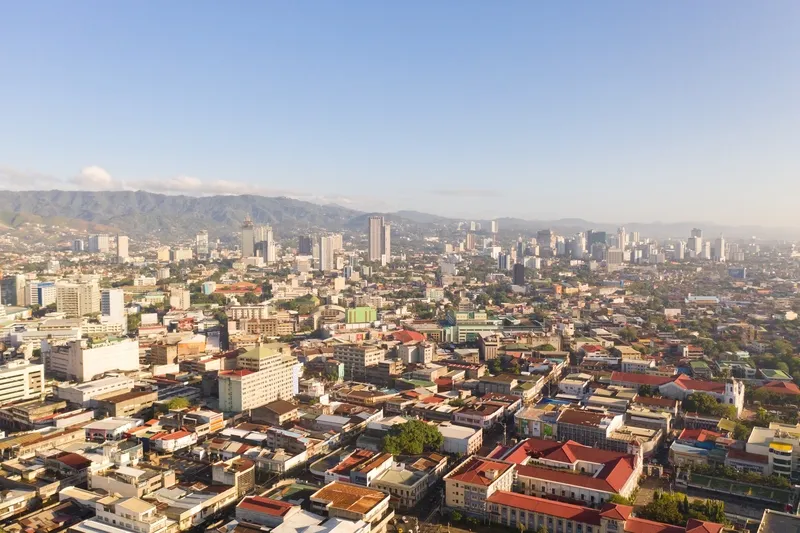
Iteris is to lead an ITS modernisation project in the Philippines.
The US Trade and Development Agency is funding the Philippines Department of Transportation, which aims to identify ITS solutions that can improve traffic management, reduce vehicle emissions, improve road safety, and make the movement of goods and passengers more efficient in and around the city of Cebu.
Iteris is tasked with creating an 'ITS master plan' for the rapidly-growing city and 12 surrounding local government units.
"Because of their large population and quick growth, the region is facing considerable challenges related to transportation infrastructure, causing congestion, delays, and unsafe traffic conditions," Iteris says.
The company is a sub-consultant to Nathan Associates and will lead the ITS activities, including assessment of current conditions, development of technology recommendations, and review of potential suppliers in the US.
“We’re happy to have been selected to be part of this international initiative, which is another recognition of our team’s expertise in modernising transportation infrastructures,” said Dr. Moe Zarean, general manager of mobility operations services at Iteris.
“This project will be critical to improving mobility in Metro Cebu at an essential time of growth, and we’re excited to work closely with all stakeholders to make it a success.









